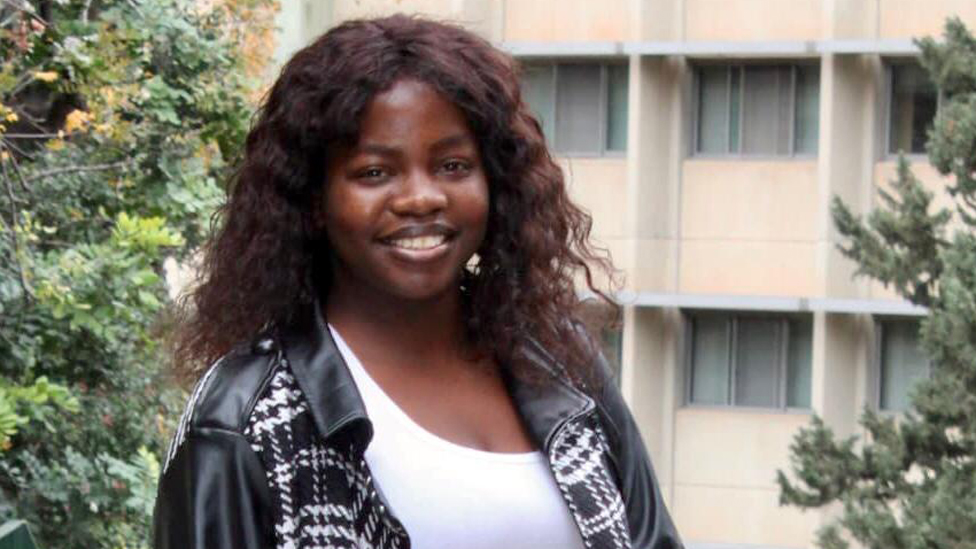Farai Makamba, a 27-year-old Zimbabwean student, has traded his university books for essential documents and cash as tensions escalate in Lebanon. Having returned to Beirut in September to complete his master’s degree in mechanical engineering, he is now grappling with the reality of living in a conflict zone.
Originally from Harare, Makamba hoped for a de-escalation in violence after spending the summer at home. However, since the outbreak of hostilities following Hamas’s attack on Israel on October 7, the situation has worsened. The recent surge in cross-border violence between Israel and Hezbollah has left many, including Makamba, feeling vulnerable.
According to Lebanon’s Prime Minister, Najib Mikati, nearly one million people have been displaced within the country. Israel’s military has intensified its operations in southern Lebanon, targeting Hezbollah’s infrastructure. The recent killing of Hezbollah leader Hassan Nasrallah in an airstrike has added to the tension.
In light of these developments, many African students in Lebanon, including those from Zimbabwe, face a critical decision: to stay amid the chaos or return home to safety. At the American University of Beirut, approximately 90 African scholarship students are grappling with their options.
Farai Makamba reports a heightened sense of fear among students, particularly after recent explosions linked to Hezbollah. “We’re unsure of who might be carrying a threat,” he explains. His routine has shifted dramatically; he now only leaves home for essentials and has stocked up on supplies.
ALSO READ: 7 African Nations That Transformed Their Colonial Names into Symbols of Identity
Classes have moved online, and the atmosphere on campus has changed significantly. “When professors finish lectures, they say, ‘Stay safe,’ reflecting the reality we live in,” he notes.
The ongoing conflict has forced public schools to close, repurposing them to shelter those displaced by airstrikes. For students like Sharon Atyang from Uganda, completing coursework online poses challenges due to unreliable internet and electricity at home. She fears returning to Uganda may jeopardize her scholarship and future studies.
Adele Pascaline from Cameroon faces a similar dilemma. “I need to complete clinical rotations for my degree, which I cannot do back home,” she states, underscoring the complex situation many students face.
Despite ongoing flights from Beirut, acquiring tickets has become increasingly difficult as several airlines have suspended services. Many students report hearing the sonic booms of Israeli jets, intensifying their anxiety. “I found myself hiding in the bathroom out of fear,” Atyang recalls.

For comments, Feedback and Opinions do get in touch with our editor on WhatsApp: +44 7949 297606.
